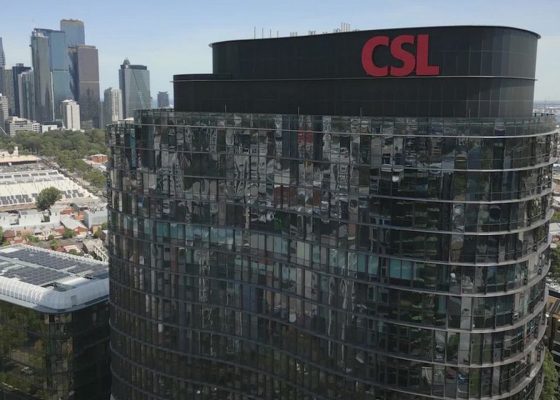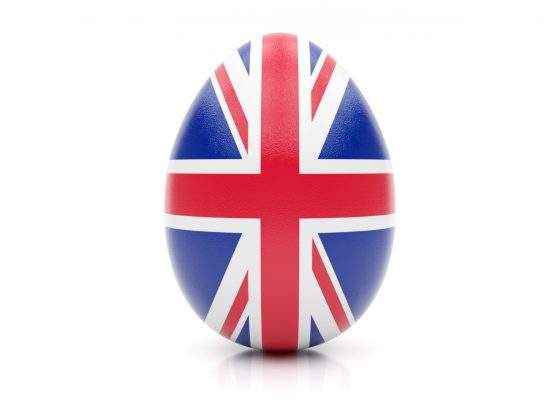The biopharma giant won’t yet say how many jobs will be impacted in Australia, but Melbourne will remain an R&D hub.
Australian biopharmaceutical giant CSL is making cuts to its research and development operations globally, but insists Melbourne will remain an R&D hub, although a spokesman could not confirm specific staffing levels.
An Australian-based CSL spokesperson told HSD today that CSL was undertaking “a strategic review of its research and development (R&D) operations to better position the company for long-term success in a rapidly evolving global environment”.
The spokesperson said it was not possible to comment on the exact impact on staffing levels in the Australian arm of the company “just yet”.
“These decisions have not been made lightly and are designed to help achieve the company’s strategic ambition to deliver enduring patient impact in areas of high unmet medical need,” the spokesperson said.
“We are streamlining the R&D organisation to foster collaboration, reduce duplication and improve efficiencies and we are simplifying our operating model.
“We will increasingly depend on a more optimal mix of internal capabilities and external partnerships to build and deliver our R&D pipeline.
“This will require a smaller global internal workforce in the future.”
Related
The company’s R&D operations will be reduced to six hubs, including Melbourne, said the spokesman.
“As part of these changes we are consolidating our R&D footprint around six sites where there is a vibrant biotech ecosystem (including Melbourne) as we are increasingly collaborating with external partners to develop and deliver innovation.
“By implementing these changes, we increase the flexibility and variability of our spending, matching more closely the new investment decisions we will make.”
CSL operates several business units: CSL Behring, which includes CSL Plasma; CSL Seqirus; and CSL Vifor.
CSL Behring focuses on rare and serious conditions like bleeding disorders, immunodeficiencies and neurological disorders. CSL Seqirus is a vaccine subsidiary, and CSL Vifor focuses on iron deficiency and nephrology.
CSL broke into the world’s top 20 biopharmas by revenue for the first time this year, registering a 7% increase in revenue from $14.1 billion in 2023 to $15.2 billion in 2024. It was the ninth straight year of growth for the Melbourne-based company.
At the time of the release of the revenue rankings, CSL CEO Paul McKenzie said the company was “working to address a number of challenges”, including a 9% sales decline for its vaccine business, CSL Seqirus, due to a “significant decline in immunisation rates in the US”.
This article was updated at 5.06pm Tuesday 8 July 2025.




